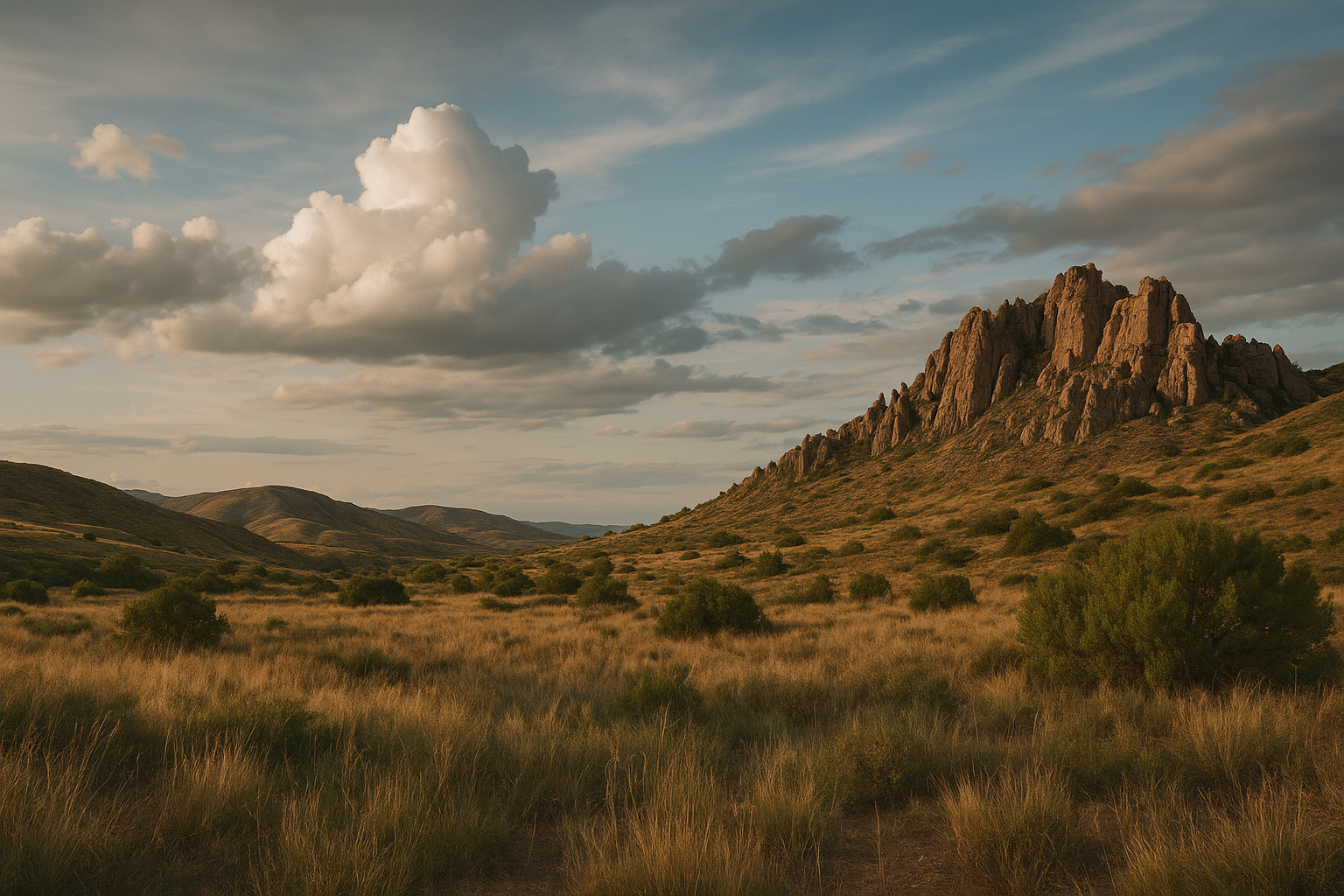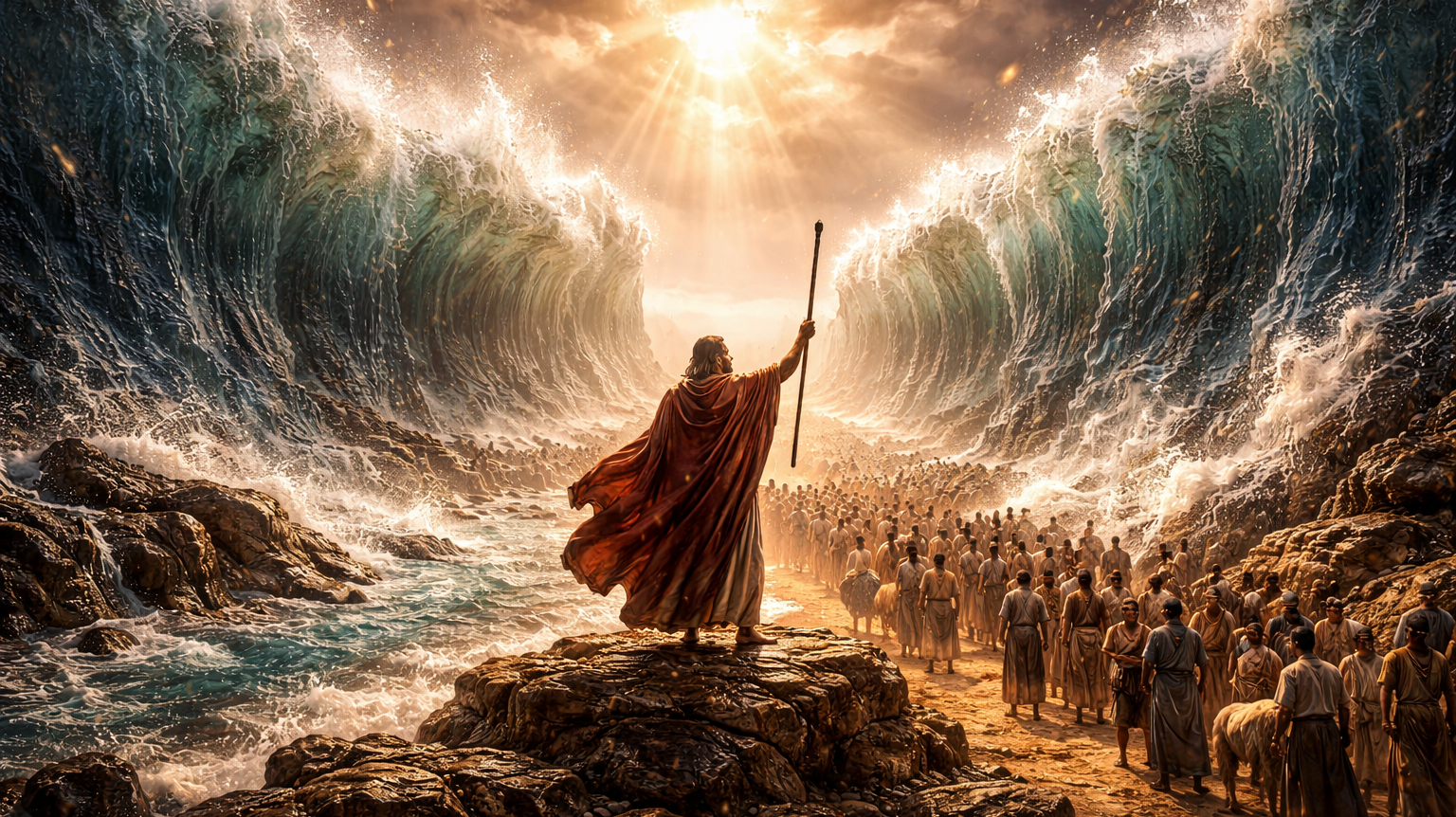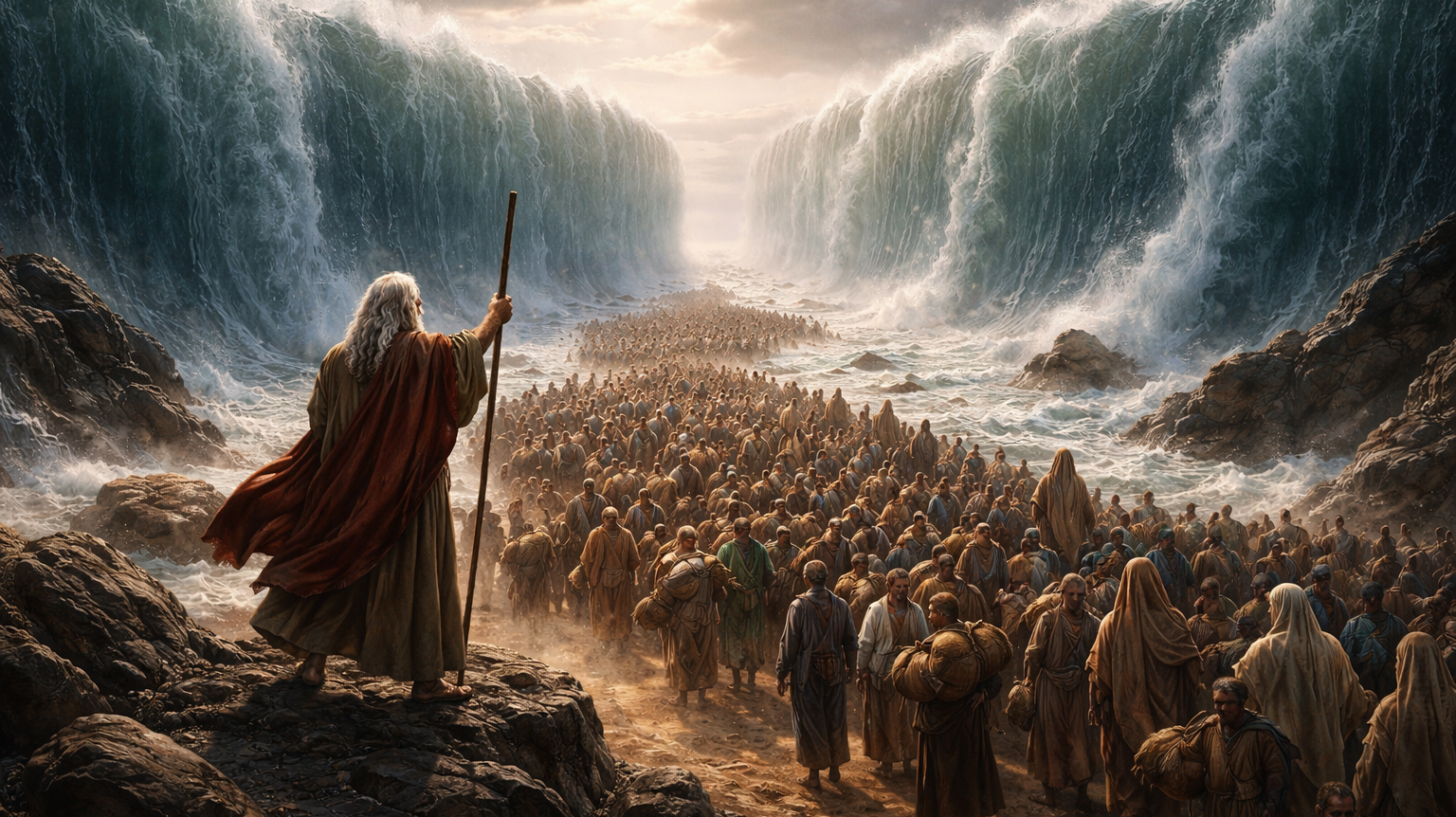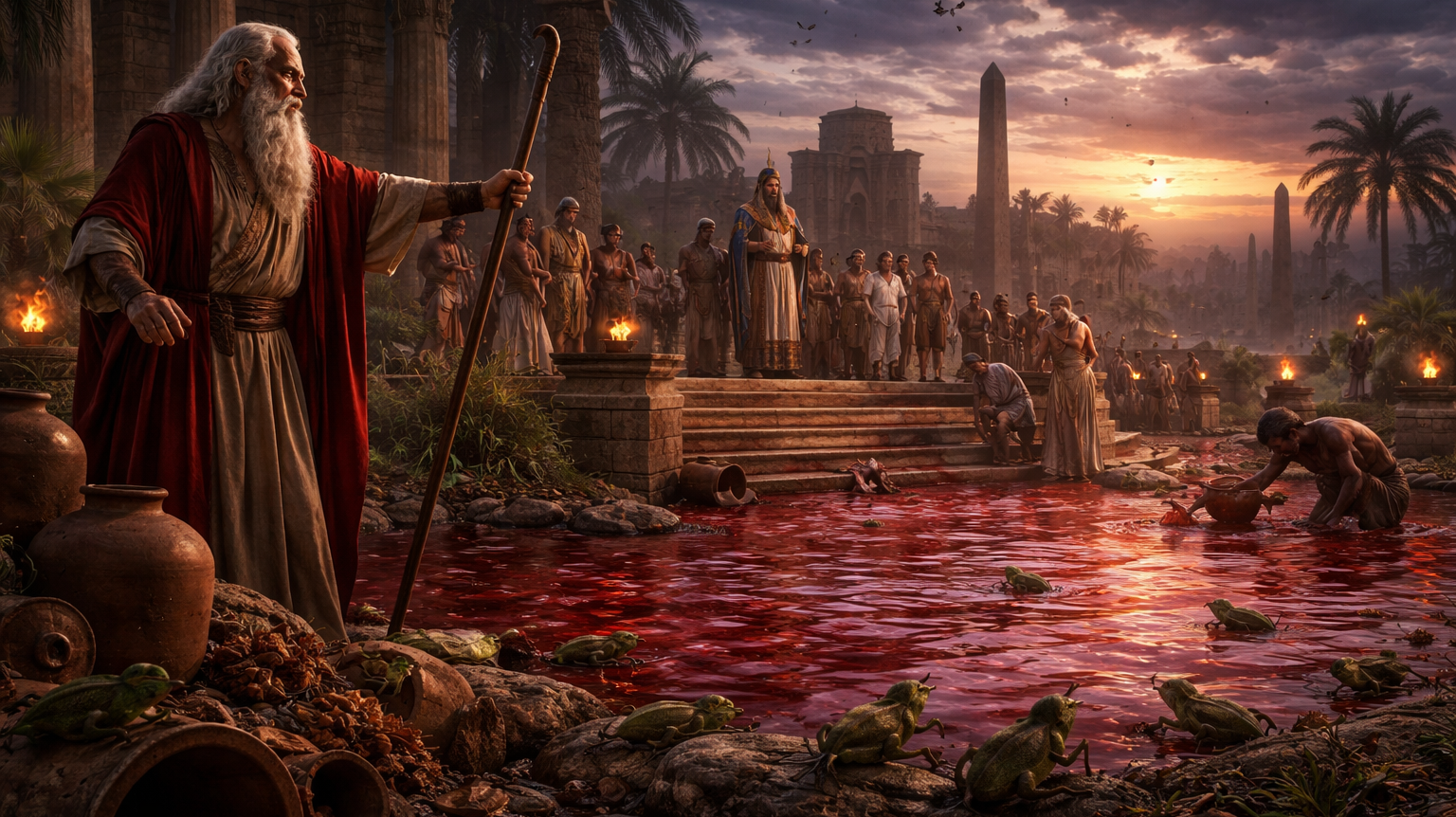The names Gog and Magog appear several times in Scripture, each time tied to conflict, prophecy, and the ultimate triumph of God. These names have captured the attention of Bible readers for centuries, especially when discussing the end times. But what do they truly represent?
Gog and Magog in the Old Testament
The first mention of these names appears in Ezekiel chapters 38–39, where God gives the prophet a vision of a future invasion of Israel.
“Son of man, set thy face against Gog, of the land of Magog, the chief prince of Meshech and Tubal, and prophesy against him.” — Ezekiel 38:2 (KJV)
In Ezekiel’s prophecy, Gog is a leader or ruler, and Magog represents the land or people under his command. Gog leads a massive coalition of nations against Israel, including Persia (modern Iran), Cush (Sudan/Ethiopia), Put (Libya), and others (Ezekiel 38:5–6). Their goal is to attack a peaceful Israel to plunder its wealth.
Yet God intervenes with earthquakes, hail, fire, and confusion. Gog’s army is destroyed, showing that no power on earth can stand against the Lord.
“And I will magnify myself, and sanctify myself; and I will be known in the eyes of many nations, and they shall know that I am the Lord.” — Ezekiel 38:23 (KJV)
What “Gog and Magog” Represent
Bible scholars often see Gog and Magog as symbols of nations and leaders who rise against God’s people. The names may not point to specific modern countries but represent a recurring pattern—rebellion against God followed by divine judgment.
| Symbol | Meaning | Biblical Context |
|---|---|---|
| Gog | A ruler or spirit of rebellion | Ezekiel 38:2 |
| Magog | A coalition of godless nations | Genesis 10:2, Ezekiel 38:2 |
| The Battle | God’s judgment against evil | Ezekiel 39:1–6 |
| The Outcome | God’s glory revealed | Ezekiel 39:21–22 |
The story reminds believers that even when the world seems aligned against God’s truth, He is still in control.
Gog and Magog in Revelation
Centuries later, the Apostle John wrote about Gog and Magog again in Revelation 20, connecting them to the final rebellion after Christ’s thousand-year reign.
“And when the thousand years are expired, Satan shall be loosed out of his prison, and shall go out to deceive the nations which are in the four quarters of the earth, Gog and Magog, to gather them together to battle.” — Revelation 20:7–8 (KJV)
This time, Gog and Magog symbolize the final uprising of evil against God. Satan rallies nations for a last attack on God’s people, but fire comes down from heaven and destroys them.
“And they went up on the breadth of the earth, and compassed the camp of the saints... and fire came down from God out of heaven, and devoured them.” — Revelation 20:9 (KJV)
This marks the ultimate defeat of Satan before the final judgment and the creation of a new heaven and earth.
Connections Between Ezekiel and Revelation
While some see Ezekiel’s prophecy as a historical event and Revelation’s account as future, others notice striking similarities. Both passages involve:
- A great army from the north
- God’s direct intervention
- Fire from heaven
- The revealing of God’s glory to all nations
These connections suggest that Ezekiel’s vision foreshadows the final battle of good versus evil. Whether literal or symbolic, the message is clear—God wins.
Lessons for Believers Today
The story of Gog and Magog isn’t just about prophecy—it’s about faith in God’s power. It reminds us that no matter how strong evil appears, God’s sovereignty prevails.
| Lesson | Application |
|---|---|
| God Protects His People | Trust that He defends those who follow Him. |
| Evil Has Limits | Satan’s power ends where God’s plan begins. |
| God’s Glory Will Be Known | Every nation will see that He alone is Lord. |
| Stay Faithful | Even when surrounded by opposition, hold firm in faith. |
“The Lord shall fight for you, and ye shall hold your peace.” — Exodus 14:14 (KJV)
The Hope Beyond the Battle
After Gog and Magog’s defeat, Scripture describes God’s people living in peace and His enemies judged once and for all. For believers, this points to eternal hope in Christ.
“And God shall wipe away all tears from their eyes; and there shall be no more death, neither sorrow, nor crying, neither shall there be any more pain.” — Revelation 21:4 (KJV)
When we read about Gog and Magog, we aren’t called to fear the future. We are called to trust the One who holds it.
























